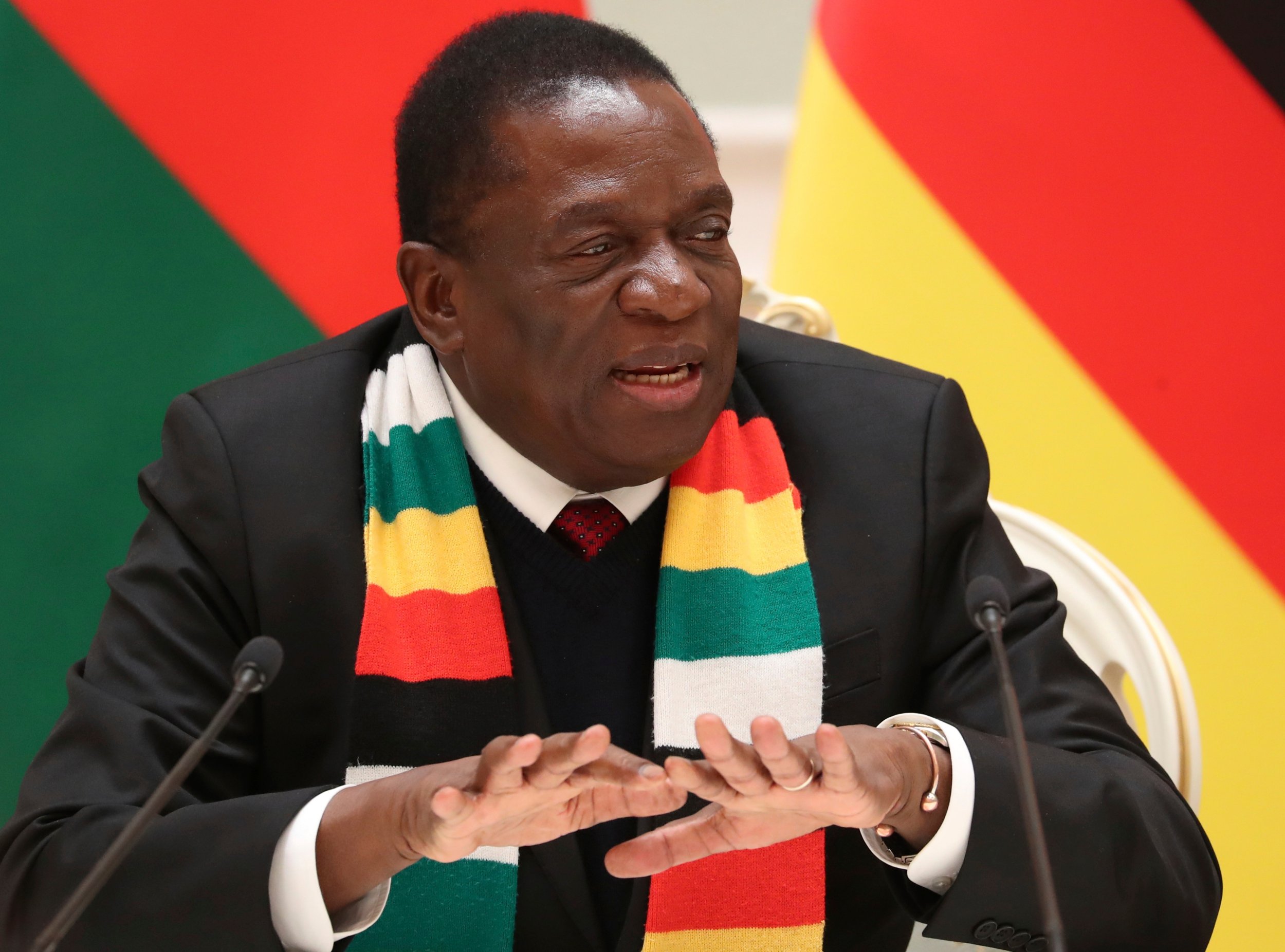After being re-elected in the disputed August 23, 2023 election, President Emmerson Mnangagwa has formed a cabinet that demonstrates his readiness to consolidate power and potentially position his children and allies at the top when his term ends in 2028.
Unlike many presidents serving their final terms, Mnangagwa continues to strive to fulfil his statement that “in 2030 I will be there,” as evidenced by his new cabinet appointments.
Notable appointments include Mthuli Ncube at Treasury, July Moyo at Public Service, Jenfan Mswere at Information and Publicity, Wiston Chitando at Local Government, and close friends Christopher and Monica Mutsvangwa at War Veterans Affairs and Women’s Affairs, respectively.
Mnangagwa surprised many by appointing his son Kudakwashe as second-in-command at the national treasury and his nephew Tongai as deputy minister for Tourism. These appointments were met with outrage from the opposition, who accused him of nepotism.
Former Finance Minister and opposition Citizens Coalition for Change deputy leader Tendai Biti wrote in the South African Daily Maverick:
“The new Cabinet appointed by President Emmerson Mnangagwa is a ritualized expression of loyalty to nepotism and tribalism. The Cabinet is drawn from members of his family and his immediate allies and is dominated by people from his ethnic region.”
In total, Mnangagwa appointed 26 ministers, 10 provincial ministers, and 24 deputy ministers, which many consider excessive given Zimbabwe’s precarious financial situation.
Analysts agree that Mnangagwa has missed an opportunity to unify the divided country for the second time in six years.
The first instance occurred in November 2017, following a coup and subsequent disputed July 2018 general elections.
Mnangagwa chose to proceed alone with his party, Zanu PF, rather than forming a coalition government to help heal the nation.
He repeated this mistake after the August 2023 elections, stating that he did not appoint opposition members to his cabinet so they could focus on opposing his government.
Mnangagwa appears uninterested in leaving behind a united Zimbabwe, instead focusing on ensuring Zanu PF’s long reign with his children at the helm.
It is already public knowledge that one of his sons is now a Major in the Presidential Guard Unit, and it is possible that he could be promoted to Colonel or Brigadier before his father leaves office in 2028.
Dynastic politics are not new in Africa or other developing regions. Examples include the Kennedy family in the United States, the Castro family in Cuba, and father-to-son rule in the Central African Republic, Gabon, and the Democratic Republic of Congo (DRC).
Mnangagwa seems intent on replicating this in Zimbabwe.
If Mnangagwa succeeds, it would be the first instance of a political dynasty in the Southern African Development Community (SADC) region outside the DRC.
However, what remains clear is that he has become the poster child for bloodless and popular coups in the region.
Zanu PF will hold a congress in December 2023 to elect a new president, who will also be the party’s presidential candidate in the 2028 general elections.
Will the party break tradition and have two centres of power – a different party leader from the State president?
Several potential leaders could take up the position at the congress, including retired General Constantine Chiwenga, General Valerio Sibanda (Mnangagwa’s cousin), Christopher Mutsvangwa, July Moyo, and Mnangagwa’s sons Major Sean Mnangagwa and Finance Deputy Minister Kuda Mnangagwa.
Will Mnangagwa influence the party to ensure one of his sons or close allies succeeds him in preparation for a Mnangagwa son in 2033? While this prospect may seem remote at present, it remains within the realm of possibility.
Mnangagwa still has time to strategically position his children in both the party and government. Additionally, he has the opportunity to appoint judiciary leaders of his choice before leaving office.
Chief Justice Luke Malaba is due for retirement, and the process of selecting senior judges, much like in the United States, is politically influenced.
Regardless of the outcome, Mnangagwa has significant sway in determining his successor, and the likelihood of him establishing a political dynasty is high.
He has previously demonstrated a strong desire for power and may be considering ruling from behind the scenes.



